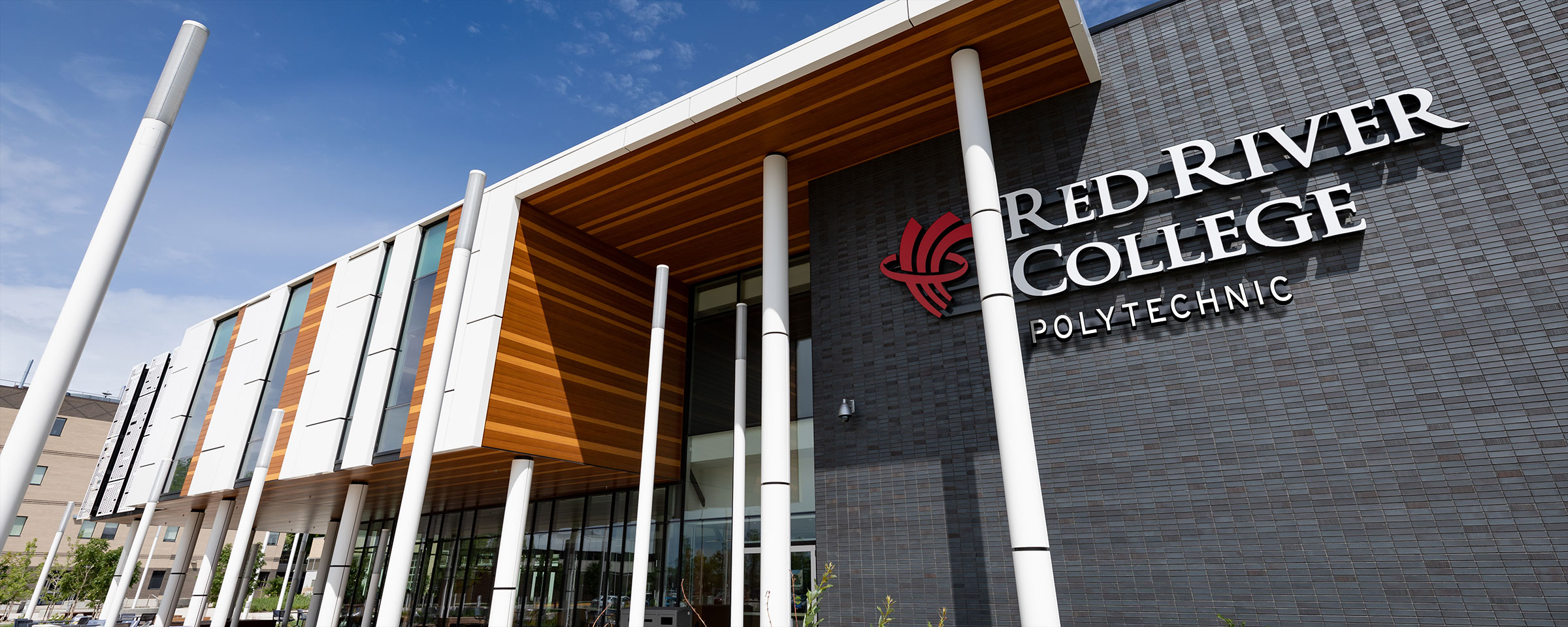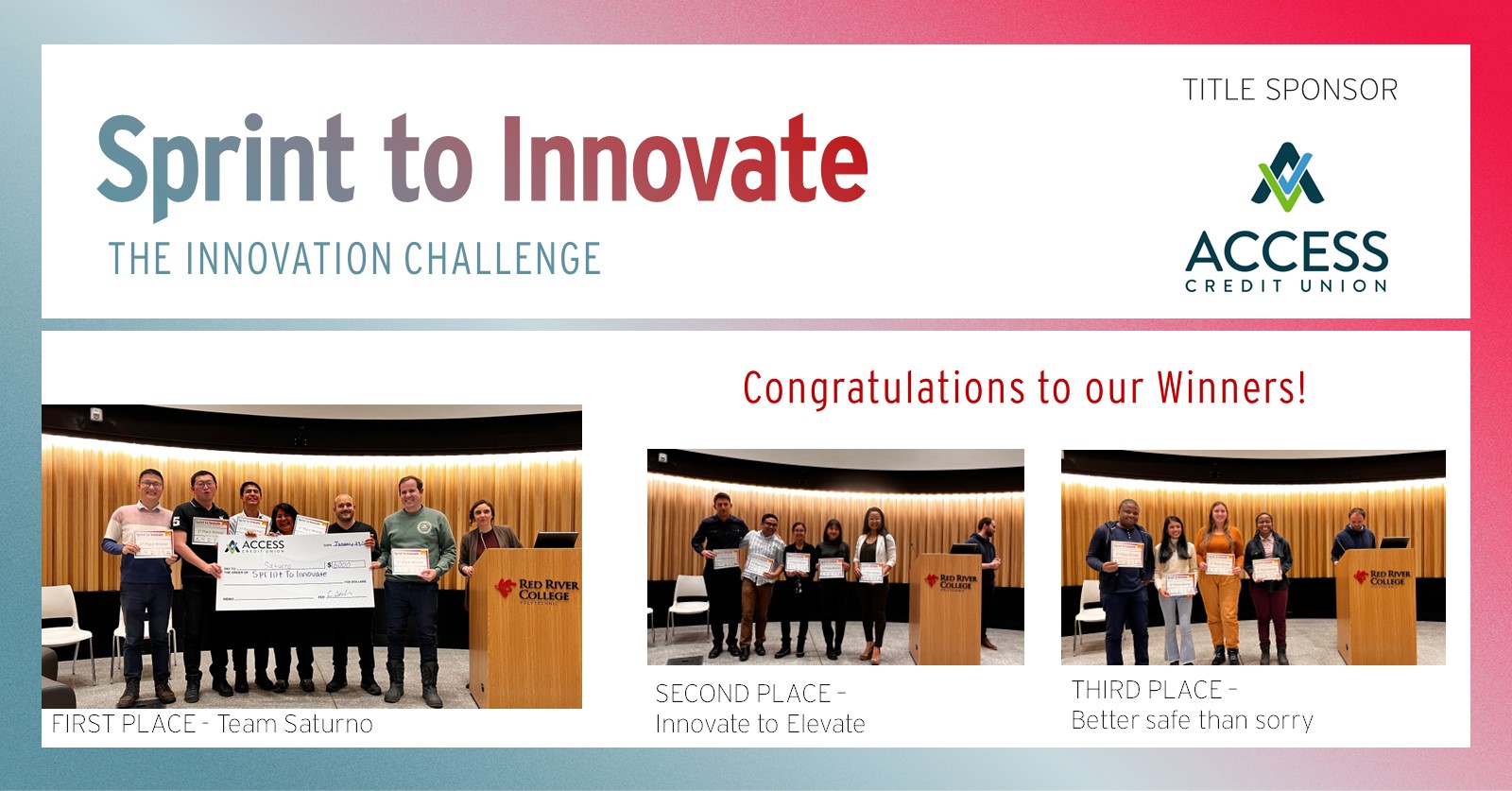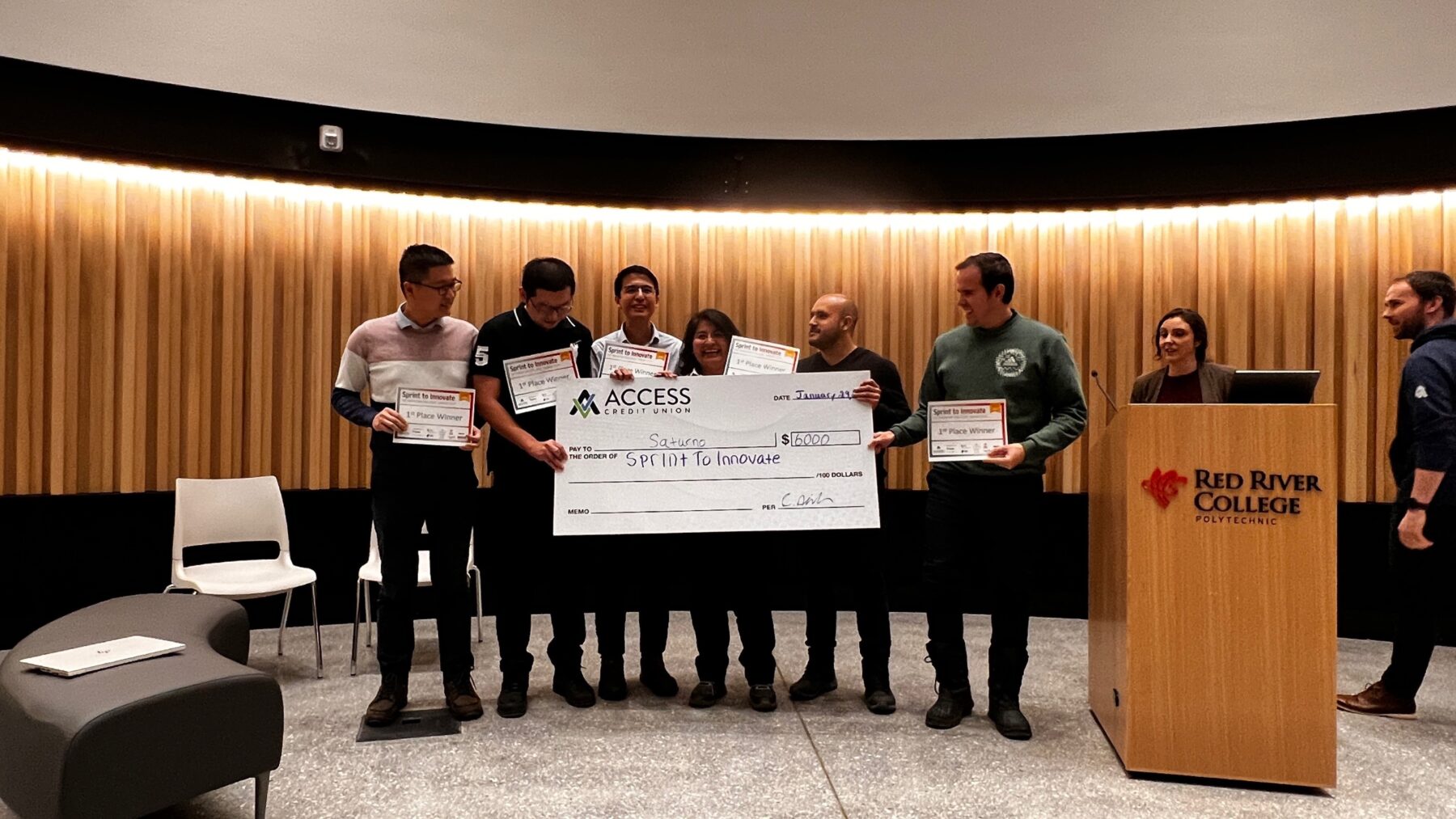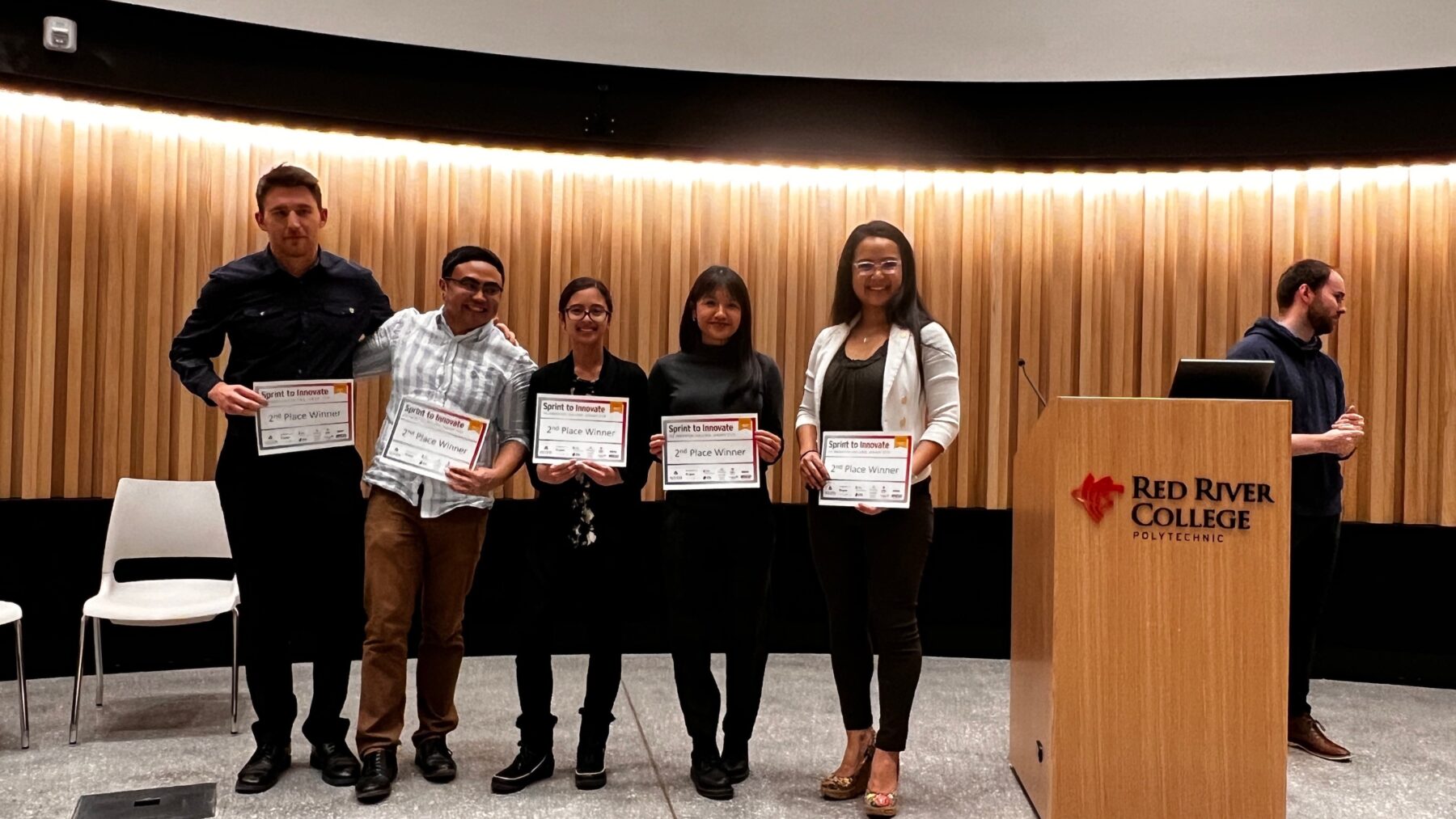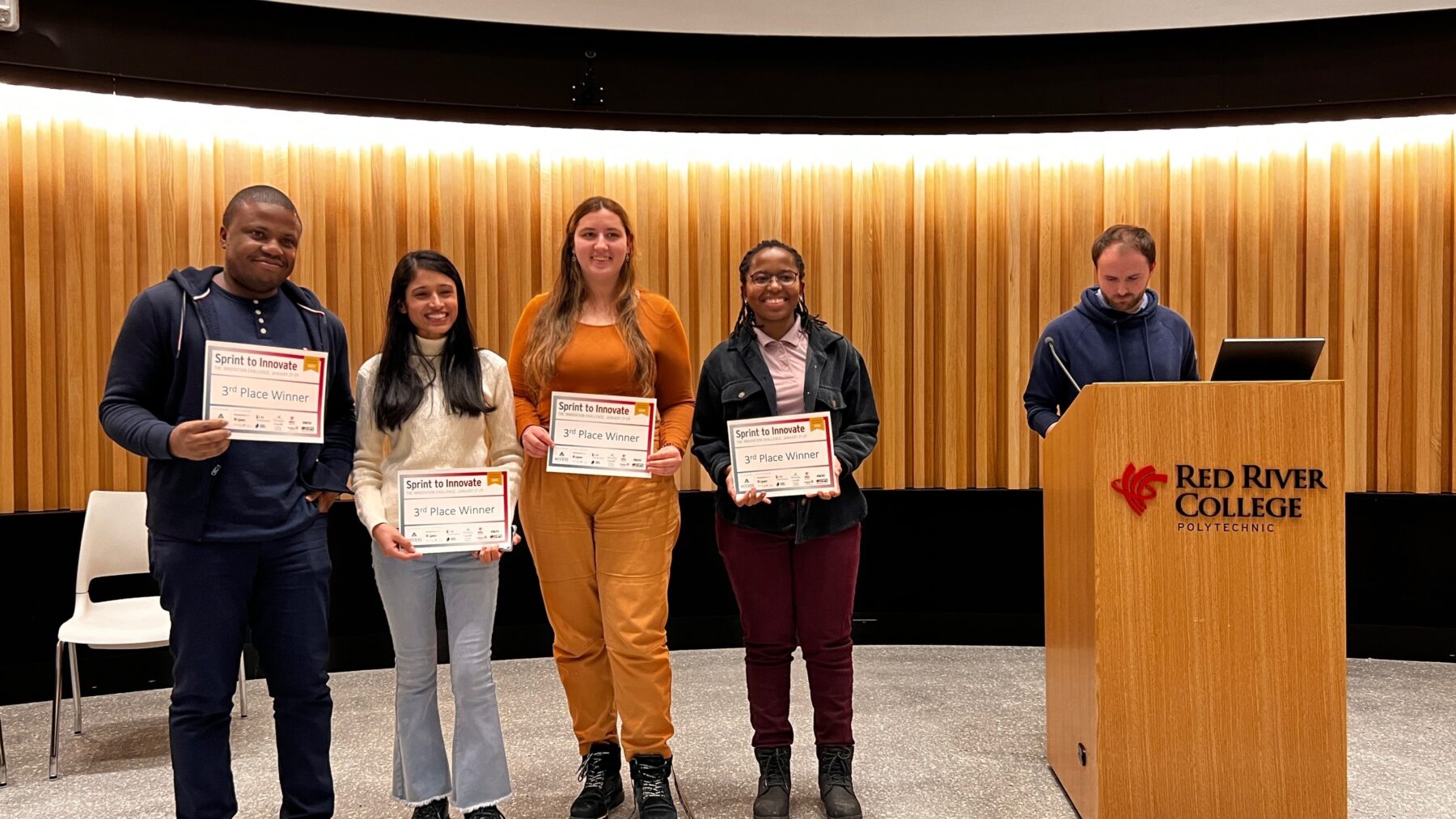Welcoming RRC Polytech’s new Assistants to the Deans, Schools of Indigenous Education and Skilled Trades & Technologies
RRC Polytech is pleased to share we have completed the competitive selection process for the position of Assistant to the Dean, School of Indigenous Education, and Assistant to the Dean, School of Skilled Trades & Technologies
Please join us in welcoming Amber Klein as the new Assistant to the Dean, School of Indigenous Education and Mercy Alalade as the new Assistant to the Dean, School of Skilled Trades & Technologies.

Amber Klein graduated from the University of Manitoba with a Bachelor of Arts Degree, majoring in economics. Since completing her undergraduate degree, she has taken on a variety of administrative and financial roles, most recently with the Louis Riel Institute. Throughout her career, Amber has chosen roles with non-profit organizations in hopes to give back to the community.
Outside office hours, Amber enjoys trying new foods and planning her next vacation. Amber is interested in her culture and heritage as a Métis citizen. She can also be found attending Métis events around the city.
Amber is thrilled to join the College, assisting the Dean’s office and faculty with the supports needed to ensure success.

As an administrative professional with experience managing business functions and providing support to executives and clients, Mercy Alalade has developed a strong skillset in optimizing efficiency and productivity. Her background includes a range of roles, including Finance/Office Administrator at Daytona Homes, Project Coordinator and Safety Officer at a construction organization, Office Assistant at Parsons Plumbing & Heating Ltd, and Volunteer Office Assistant at Health Sciences Centre.
Mercy is a graduate of the University of Manitoba, where she earned an Advanced Bachelor of Arts in Labour Studies and Management. Additionally, she has certifications as a Safety Auditor under CSAM.
Outside of work, she enjoys reading and spending time with family.
